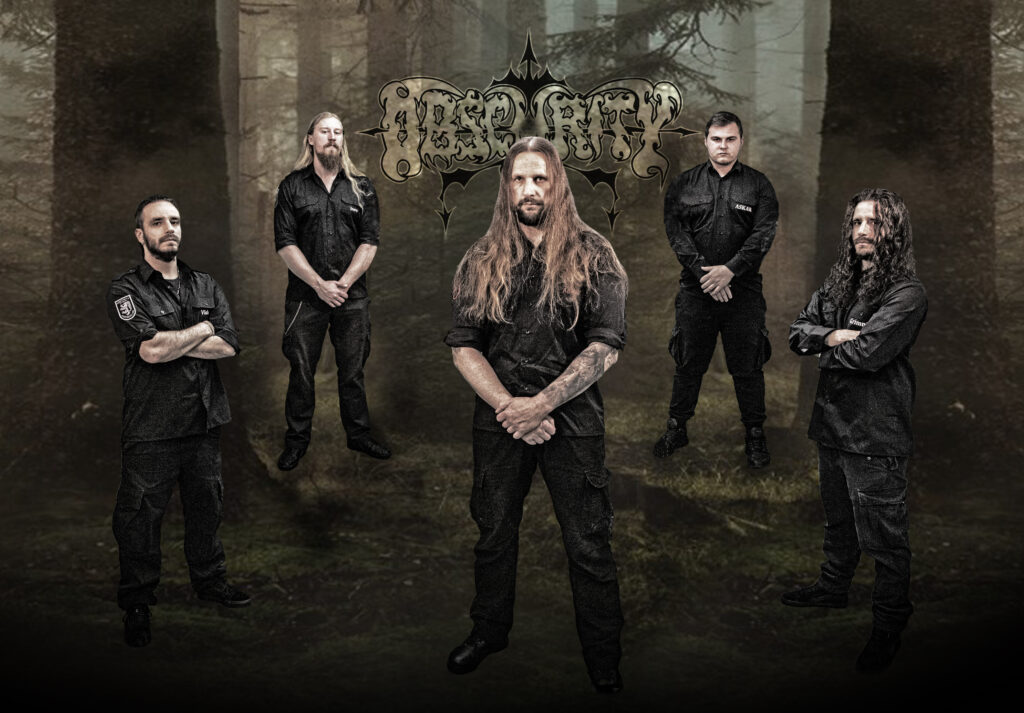

Only the nationalities of the dead were referenced in any public statements on the incidents. Why attack peacekeepers whose only reason for being on Central African soil is to help the country to escape the spiral of violence and help it return to lasting peace and security?”ĭespite these strong reactions from the UN headquarters, little information was provided by the peacekeeping department regarding the individual troops who were killed. The UN envoy to the Central African Republic, Parfait Onanga-Anyanga, condemned the situation in the country after the May 2018 attack, saying: “Such blind violence is unacceptable. “In mentioning these figures, I want to remain cautious and modest because threats against our peacekeepers remain very, very high.”

“This represents a significant decrease,” Lacroix said. The number over the same period for 2017, he said, was 26. 31 this year, 17 peacekeepers have died from violent acts. Lacroix recently told the UN Security Council that from Jan. Of the 71 deaths, 53 peacekeepers and 18 civilians died, including two police personnel and 15 contractors, all through malicious acts. Since 2013, there have been 195 fatalities overall in peacekeeping missions, with “at least” 71 deaths in 2017, the highest number ever recorded by the United Nations Staff Union. 27, an attack against a UN base in Mali left two peacekeepers, from Burkina Faso, dead and 11 injured another attack the same day left four peacekeepers from Togo injured. By comparison, the mission in Mali, established in April 2013, has suffered 175 fatalities. Since the mission’s inception, 75 peacekeepers have died. It has 14,613 personnel, with the largest troop contingents from Rwanda, Pakistan, Egypt and Bangladesh. The peacekeeping mission was established in the Central African Republic in April 2014. UN Report Fails to Recognize Major Child Abductions in Parts of Nigeria.In West Africa, a Staggering Low Number of Women in Politics Is Brightened by One Exception.Peacekeeping Desperately Needs a New Model, and a People-Centered Approach Could Work.This incident resulted in a visit from Jean-Pierre Lacroix, the UN under secretary-general for peacekeeping operations, to the country to commemorate the fallen soldiers.Īll the attacks stemmed from the protracted conflict between two rebel forces in the Central African Republic (the predominantly Muslim Séléka coalition against the mainly Christian anti-Balaka militia) that has been continuing in some form or another since 2012. Then on May 8, another deadly attack occurred in the country, near the village of Yogofongo, in which five UN peacekeepers were murdered. The situation degenerated further in the Central African Republic with protesters placing the bodies of those who were killed, including the peacekeepers, outside the headquarters of the UN mission, Minusca, in Bangui. The International Criminal Court, which prosecutes war crimes, has yet to do so in attacks against peacekeepers. The Security Council also generally releases a stock statement, expressing its “deepest condolences and sympathy to the families of the victims” and referring to possible war crimes, but no moments of silence are observed in the chamber, where business goes on as usual. A similar statement was issued by the UN Secretary-General, António Guterres, with more force: “The Secretary-General recalls that attacks against United Nations peacekeepers may constitute a war crime and calls on the Central African Republic authorities to investigate them and swiftly bring those responsible to justice.” Only a week later, on April 10, another UN peacekeeper was killed and eight more injured in Bangui, the capital of the Central African Republic. Soon after, the UN also discovered the bodies of 21 civilians, including four women and four children, near a church in the village.Ī spokesman for the UN secretary-general, Stéphane Dujarric, who regularly remarks on casualties of peacekeepers, said at the time of the incident: “The Secretary-General extends his condolences to the family of the fallen peacekeeper and wishes a speedy recovery to those injured.” In keeping with other UN statements of dead or injured peacekeepers, the soldier was not named. One peacekeeper was killed and 11 others were injured in the fighting. In the early morning of Tuesday, April 3, 2018, a temporary United Nations peacekeeping base in the village of Tagbara, in the Central African Republic, was attacked by rebel militia groups. Beyond such official recognition, peacekeepers murdered in the line of duty receive little notice from the UN in New York. 6 in a ceremony held at its headquarters in Bangui. 23, 2018, in the village of Pavika, Central African Republic. He received “the last honors of his UN family,” the Minusca mission said, on Sept. Albert Ndikumana, 29-year-old Burundian peacekeeper, was killed during an ambush on Aug.


 0 kommentar(er)
0 kommentar(er)
